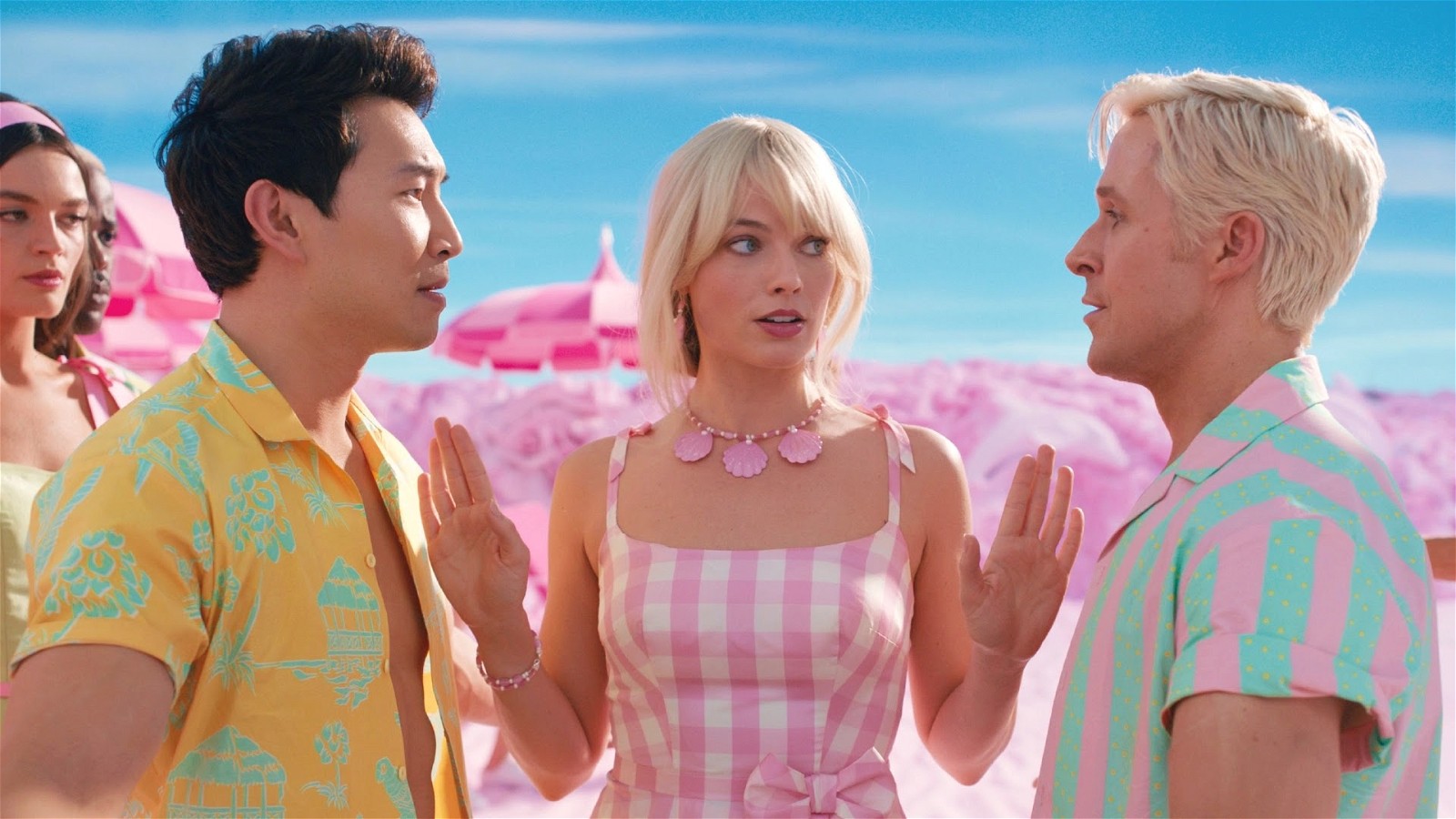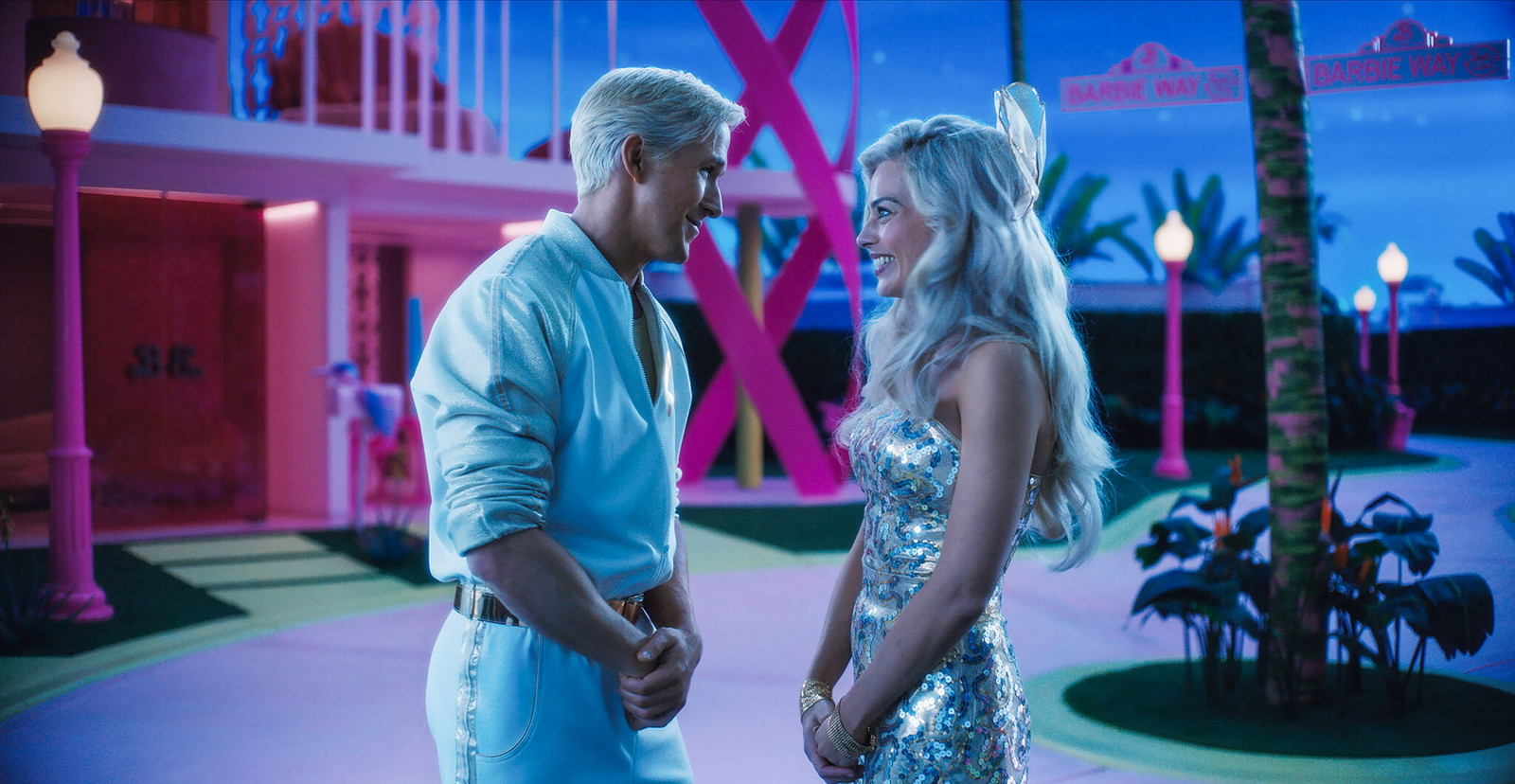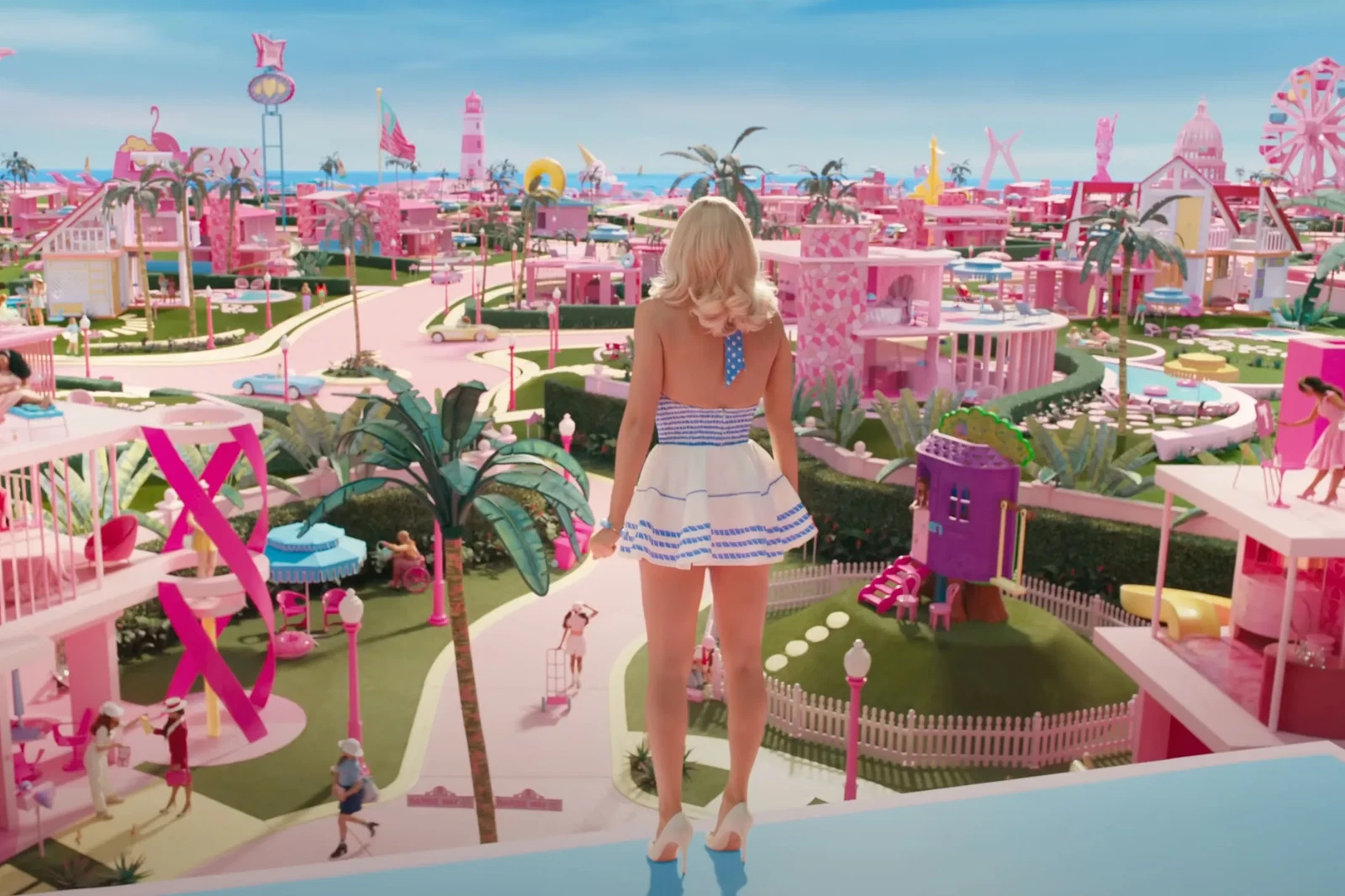A fantasy comedy movie dealing with self-discovery and existential crisis, Greta Gerwig’s Barbie turned out to be a massive box-office success, grossing over $1.3 billion. With its unique blend of spirituality, literature, and thematic depth, the film showcased a whimsical exploration of the iconic doll’s world – something that appears to be present in the Book of Genesis as well as the works of William Shakespeare.

During one of her media interactions, Greta Gerwig admitted the spiritual undertones in the plotlines. Moreover, while talking about the process, she also acknowledged the inspiration from the works of William Shakespeare.
Greta Gerwig admitted the spiritual influences on Barbie
A few theories suggest that in the movie, the lead couple Barbie and Ken symbolize Adam and Eve while Barbieland is a modern Garden of Eden. Moreover, the concept of Patriarchy is the Forbidden Fruit but instead of an outsider snake, Ken takes on the role of the serpent.

Acknowledging the unexpected influence of spiritual references on her movie, Greta Gerwig admitted that while preparing the script, she had crafted an Apostle’s Creed for her lead character. Further revealing an intriguing detail, Gerwig highlighted that Barbie in the real world predates Ken, a parallel to the biblical account where Adam was created before Eve.
Apart from this, the filmmaker added that during the filming of Barbie, she introduced the concept of a “movie church.” She explained that it involved Sunday gatherings for her cast to celebrate the art of cinema at a local London movie house.
Greta Gerwig opened up on drawing inspiration from William Shakespeare
Beyond the spiritual undertones identified by many, Gerwig revealed that she did try to infuse Barbie with a sense of allure and grandeur, drawing inspiration from William Shakespeare. In an attempt to maximise the impact of her story, Gerwig created a massive aesthetic within an artificial world. This is similar to the Bard’s attempt to maximize the impact of his plays on small stages, making everything seem vast.

“I always think about the architecture of what we have in this film and the ontology of Barbie [in relation to] what I love so much about Shakespeare’s comedies. Stay with me. I’m not saying I’m Shakespeare. But I do think Shakespeare was a maximalist. There wasn’t anything that was too far or too crazy that couldn’t be worked through, and then there’d be something in the middle that felt quite human. I was thinking about it in those terms: a heightened theatricality that allows you to deal with big ideas in the midst of anarchic play.”
When looked closely, in particular, Shakespeare’s As You Like It first comes to mind while thinking of Barbie. This is mainly because of the whimsical narrative in the Shakespearean work.
Source: Vogue, W Magazine

